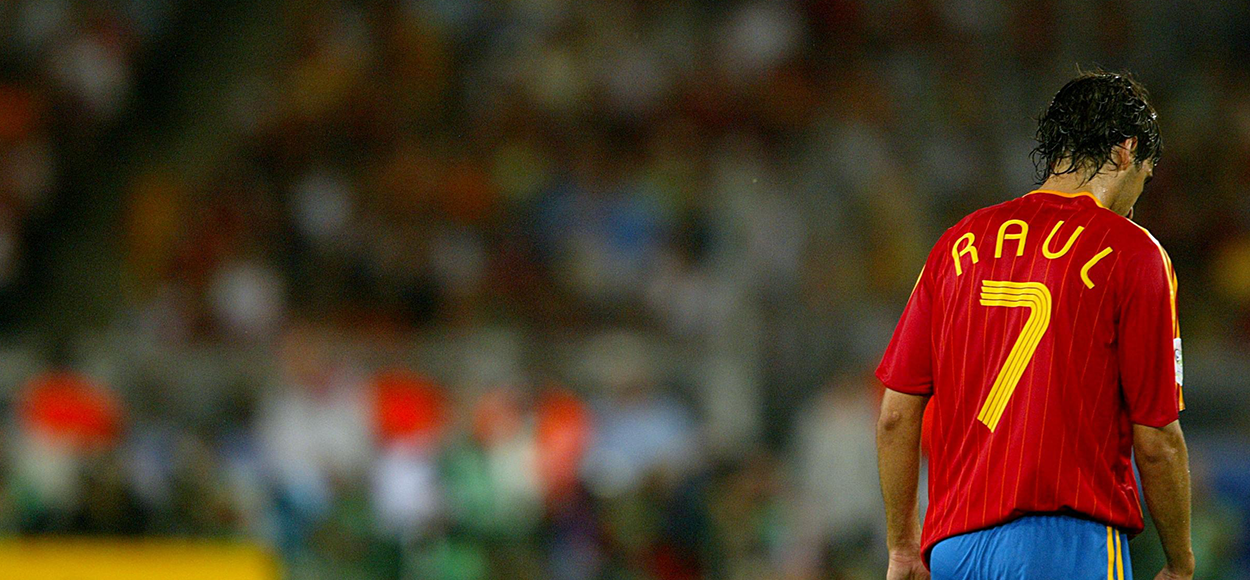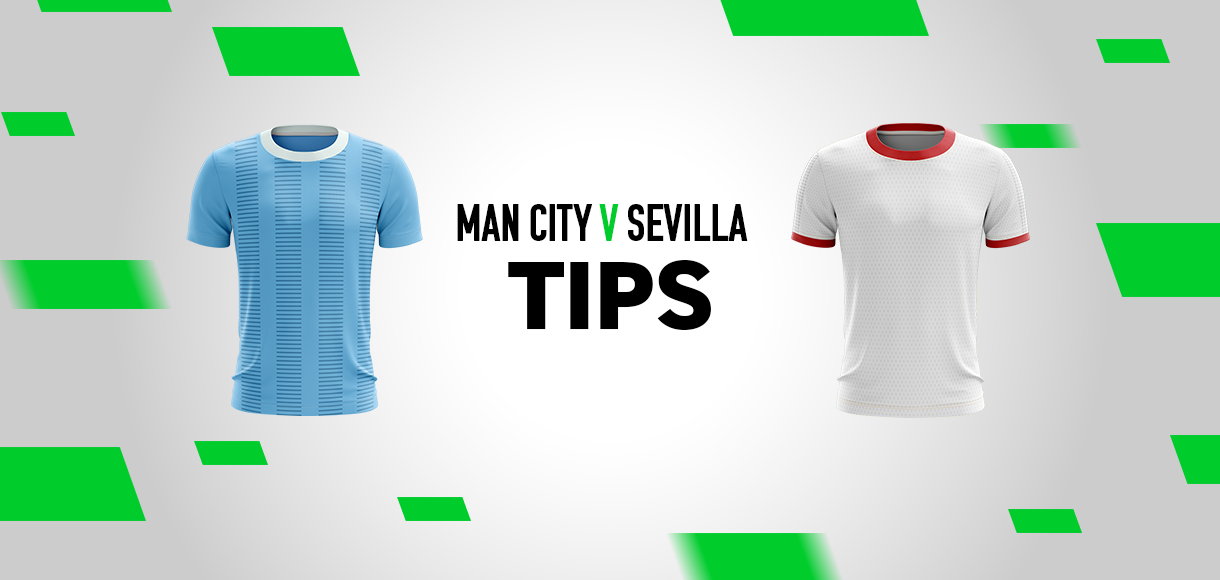The top 10 Spanish footballers of all time

We count down the top Brazilian footballers of all time, with several of the entrants forming one of the all-time great international teams.
Visit the Betway sportsbook for the latest in online betting.
10 - Gerard Pique
When Gerard Pique left Barcelona for Manchester United in 2004, predicting his career path would have been impossible.
After struggling to adjust to the rigmarole of the English game, Pique returned to Catalonia four years later to become a pillar of Pep Guardiola’s iconic Barcelona team.
His reading of the game and playmaking abilities from the centre of defence were a key component of both that team and the Spain side that won the 2010 World Cup and Euro 2012. He is one of 13 players to appear for the national team 100 times.
Though age caught up with him in his 30s, Pique agreed to multiple salary cuts in the final years of his playing career to guarantee himself status as a Barcelona legend during a difficult time for the club.
9 - Luis Suarez
Suarez – not that one – was regarded as one of the best attacking midfielders of his generation in the 1960s.
Typically Spanish in style, the playmaker begun his career as an attacking midfielder, known for his creativity and eye for goal.
Moving deeper on the pitch as his career progressed, he followed Spanish manager Helenio Herrera from Barca to Inter in 1960 and was fundamental as the cub won three Serie A titles and two European Cups between 1963-66.
He may not have had Lionel Messi and Cristiano Ronaldo to contend with, like most players on this list, but that Suarez remains one of only two Spaniards to have won the Ballon d’Or award speaks for itself.
8 - David Villa
In some senses, it’s a shame for Villa that the most successful period of his playing career was as a facilitator rather than a talisman.
Guardiola pushed Villa wide to accommodate Messi through the middle in his great Barcelona team, and an overall goal return of 48 in 119 games for Barca, while still impressive, doesn’t quite do him justice.
He had scored 130 in 225 for Valencia and his 59 goals for Spain is a record that is nowhere near being beaten. He won the Golden Boot at Euro 2008 with four goals, while nobody notched more than his five at the World Cup two years later, with Spain winning both competitions.
With such a prestigious list of team and individual honours to his name, Villa is undoubtedly one of the great Spanish strikers.
7 - Sergio Ramos
Whether Ramos will be remembered as one of the best out-and-out defenders of all time is up for debate, with his game littered by occasional errors and recklessness.
What cannot be doubted is that his athleticism, leadership and aura defines an astonishing period of success for Real Madrid.
Officially named as club captain in 2015, Ramos had long since stood out as the backbone of a Real side that won the Champions League four times in five seasons between 2014-18. He was the symbol of a team that never failed when it came to the clutch, putting in his biggest performances on the biggest stage.
He scored in both the 2014 and 2016 finals, including an injury-time equaliser that saved the former, and was simply the player – moreso, even, than Cristiano Ronaldo, Luka Modric and others – that you knew would ensure Real Madrid always found a way.
6 - Carles Puyol
Despite their plethora of attacking talent, Spain’s greatest triumph, their 2010 World Cup victory, was built on a superb defensive record.
Vicente del Bosque’s side conceded just two goals on their path to Puyol lifting the trophy, including clean sheets in all four knock-out games. Their skipper scored the winner in the semi-final victory over Germany.
Puyol wasn’t typical of his generation of Spaniards, relying on physical intimidation and dark arts as much as technical skill.
His leadership ability was fundamental to the ushering in of Pep Guardiola’s great Barcelona side as well as the dominant national team.
5 - Sergio Busquets
“You watch the game, you don’t see Busquets. You watch Busquets, you see the whole game.”
In one simple quote, Vicente del Bosque summed up the role of Spain’s midfield lynchpin, whose influence on the game went underappreciated long after it had helped define an entire era of Spanish football.
The recent clip of Busquets popping the ball around in a small-sided training match made obvious his extraordinary vision and understanding of the game, leading to perhaps the most acclaim of his entire career.
There is a reason that one of Pep Guardiola’s first acts as Barcelona manager was to promote Busquets into the senior squad and, looking back, the midfielder’s perfect choice and weight of pass was a key reason why Lionel Messi, Andres Iniesta and others flourished.
4 - Raul
Raul was a record-breaker, becoming Real Madrid’s all-time leading goalscorer, the Champions League all-time leading goalscorer and Spain’s all-time leading goalscorer during his stellar career.
While calling an international career featuring 102 caps and 44 goals underwhelming is harsh, the striker’s finest moments came in a Real Madrid shirt.
He won six La Liga titles and three Champions League trophies, scoring in two of the finals, and combined technique and an eye for goal with tenacious energy, earning the nickname “The Ferrari”.
Joining Schalke and leading them to the semi-finals of the 2011 Champions League was the cherry on the cake of a fine career.
3 - Iker Casillas
Another Spaniard who peaked during the national team’s 2008-12 period of dominance, Casillas is arguably the greatest goalkeeper of all time.
‘San Iker’ (Saint Iker) won all there is to win – the World Cup, European Championships, Champions Leagues, La Ligas and much more – with his ability to produce spectacular saves earning him that biblical nickname.
In particular, Casillas will be remembered as a legend of Real Madrid. He fell just 16 appearances short of Raul’s club record, providing quality and consistency as he missed only six league games in eight seasons between 2002-10. He became the youngest goalkeeper to win the Champions League in 2000 and captained his team to La Decima 14 years later.
It’s to his credit that when his career at the very top of the game looked over in 2015, he churned out 156 appearances in five seasons at Porto before a mild heart attack forced his retirement.
2 - Xavi
Until 2008, Xavi was criticised for only passing the ball sideways and relying on his team-mates to create. It’s an opinion that hasn’t aged well.
Guardiola quickly spotted what others hadn’t, slotting him straight into the heart of his Barcelona midfield, where he dizzied opponents with his use of the ball, usually teeing up Lionel Messi to provide the knockout punch.
Xavi was known as the ‘Puppet Master’ in Barca’s iconic midfield trio, also featuring Busquets and Andres Iniesta, and is one of the key protagonists in Guardiola’s revolution of football in the last 15 years.
The midfielder that Alex Ferguson once joked he had “seen give the ball away once” also helped mastermind three major tournament victories in that glorious era for Spanish football.
1 - Andres Iniesta
Splitting Xavi and Iniesta is virtually impossible, but scoring the winner in the 2010 World Cup final means the latter sneaks top spot.
Iniesta was named Player of the Tournament at Euro 2012, too, and though his style can broadly be described in similar terms to Xavi’s, he tended to operate from a more advanced position.
Still, the pair were some double act, with their appreciation of angles, body positions and weight of pass unparalleled. Iniesta, in particular, played with incredible grace, and can add an injury-time winner in the 2009 Champions League semi-final against Chelsea to his list of iconic moments.
He was still going strong by the time he added his fourth Champions League title in 2015 and also went onto win nine La Liga titles by the time he left Barca in 2018.
Best footballers of all time: ranking by nation



































